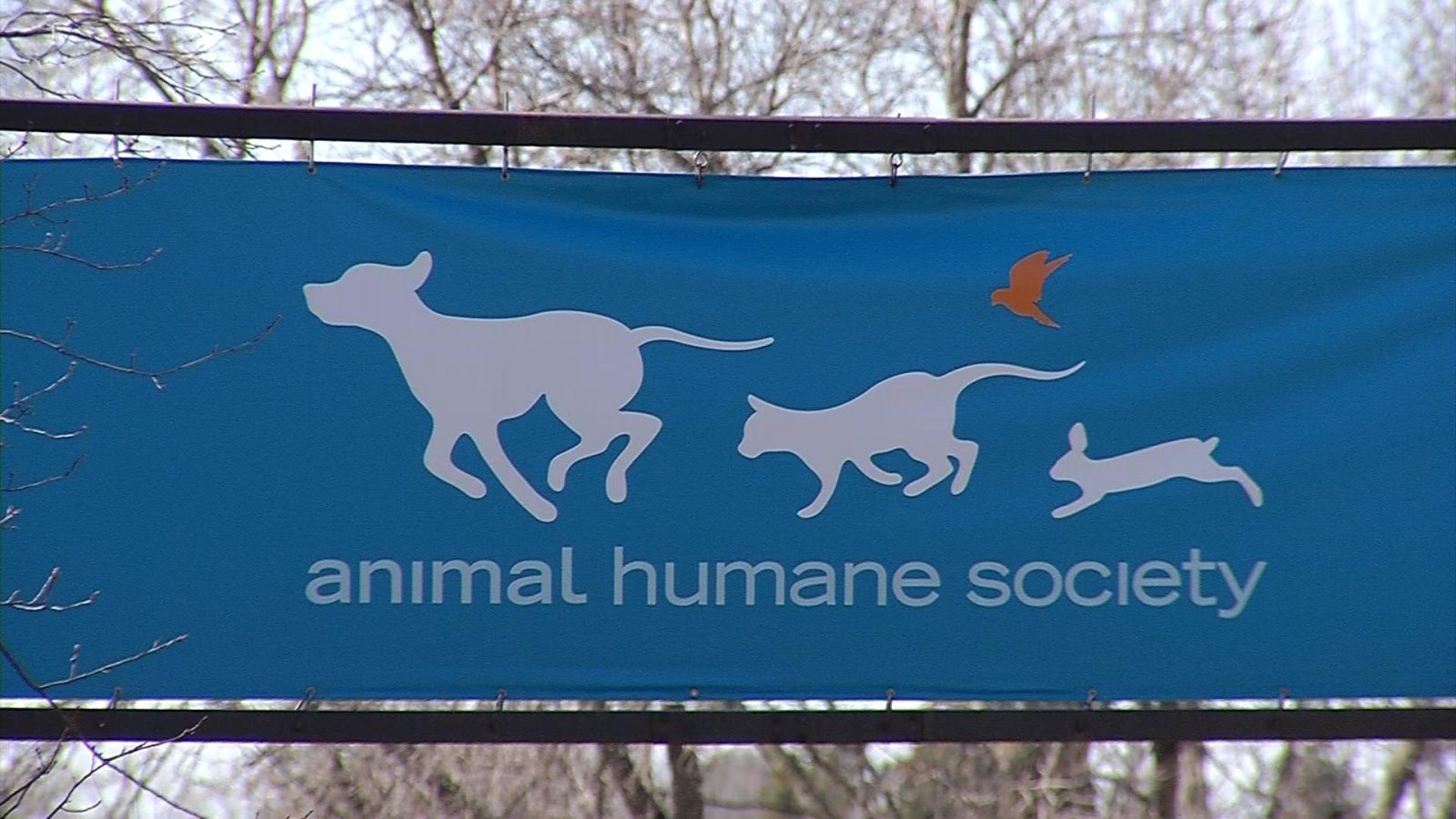Animal Humane Society Suspends Adoptions Due to Canine Flu Outbreak
Animal Humane Society veterinarians say when the “vast majority” of dogs at shelters in Golden Valley, Woodbury and Coon Rapids started showing symptoms consistent with a rare strain of canine influenza, they made the decision to shut down adoption operations before they even had a confirmed case.
That first confirmed case came over the weekend. Veterinarians have since narrowed down the spread to the dog suspected of bringing it into the shelter.
“This is an emerging disease,” said Dr. Graham Brayshaw, a veterinarian on staff at Animal Humane Society during an interview on Monday. “Flu goes around the world for the typical influenza that we deal with through schools and other places. There’s really only been a handful of cases of canine influenza diagnosed in the state ever in the history of the state.”

Adoptions are currently shut down at Animal Humane Society locations after an outbreak of canine influenza.
As a result, all veterinarians and staff inside the quarantined facilities are wearing protective masks and taking precautions. While not concerned about viral transmission from pets to humans, they are alarmed about rapid transmission among animals.
“We want to make sure we are keeping the spread into the community and spread in the community to an absolute minimum,” said Brayshaw.
Doctors say that about a quarter of the dogs in any size group in a shelter facility or rescue organization may show symptoms of some kind of respiratory illness.
“It happens, like with kids in daycare, mixing them together,” said Brayshaw. “What we saw here was all of a sudden, a quarter became half, half became three-quarters, and on average, they were sicker than our usual animals.”
Brayshaw said, like humans, most dogs that contract canine influenza show symptoms that usually last a brief period of time, and then most dogs are okay in the long run.
The Animal Humane Society’s Pet Helpline is still staffed with people ready to help answer any questions and there are veterinarians ready to test dogs or offer treatments for any one who thinks they may have a pet with an issue.
Brayshaw said the expectation is that the centers will remain closed for about 30 days or possibly longer, depending on whether they still have a dog with symptoms inside one of the shelters.
Also See: Animal Humane Society Launches Vet Tech Training Program


